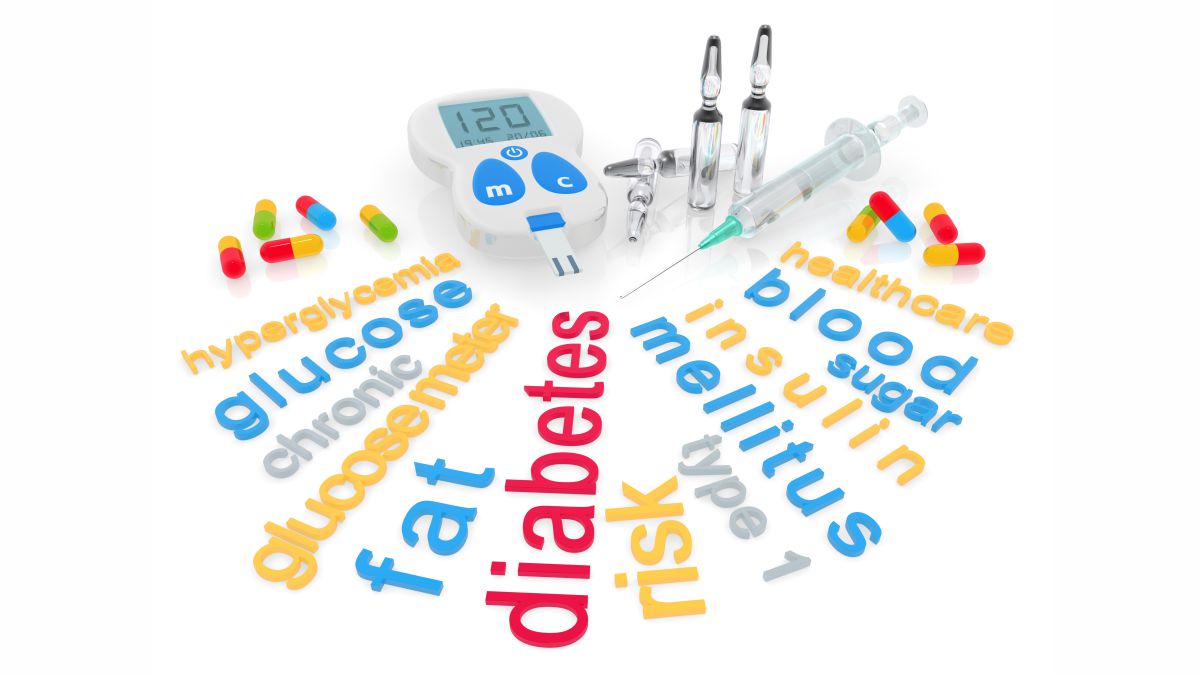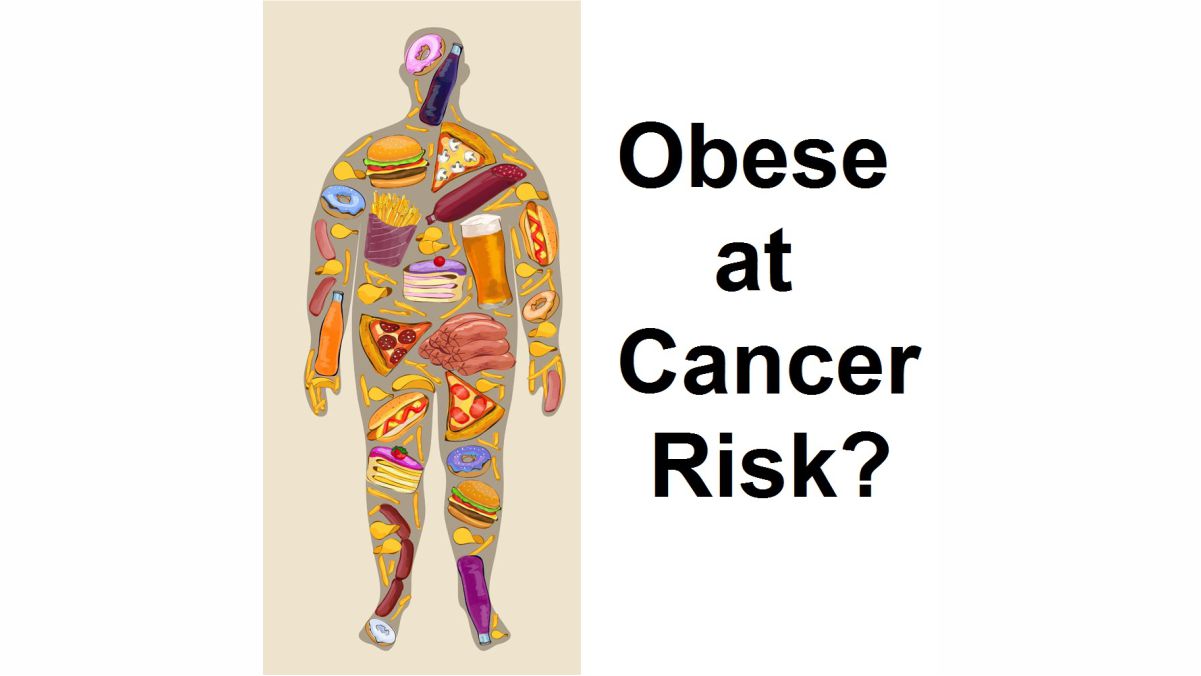
Shedding light on Vitamin D: Bone health and Blood test!
Vitamin D is essential for the growth and maintenance of healthy bones. Our body cannot produce Vitamin D and hence, gets it from the food we eat, from sun exposure or through supplements. This vitamin is required to absorbs calcium and phosphorous which are the key minerals to make your bones strong .
Deficiency of this sunshine vitamin in the body affect the bones:
- Leads to deformity and disturbed natural repair system.
- Makes the bones soft and weak.
- Decreases mineral content, increases porosity and affects the formation of new bone tissues. It has different impact on different age groups.
- In children, lack of mineral content in the bones cause rickets, stunt their growth and prevents them from reaching their maximum attainable bone mass.
- In adults, insufficient amounts of vitamin D results in osteomalacia (softening of bone, increases bone loss and susceptibility to fractures.
Symptoms of Vitamin D deficiency:
- B ones become soft and often get fractured
- Feeling weak unexpectedly or in general
- Muscle weakness
- Sweating too often
- Frequent infections
- Constipation
- Hair loss
Blood test- Detector of Vitamin D deficiency !
Blood tests are the easiest indicator of Vitamin D deficiency and are the most accurate way to measure it in the body. They are helpful to diagnose an individual with vitamin D deficiency. Also, these blood tests are efficient enough to screen and monitor bone disorders. Two important blood tests for detection of vitamin D deficiency are:
- 25-oh Vitamin D (total)- Total amount of Vitamin D (active and inactive) in the body is measured by this test
- Vitamin D 1,25 - Dihydroxy- Only the active Vitamin D present in the blood is detected through the test.
What does the test reveal ?
- Lower levels of 5-oh Vitamin D tells that the person is not getting enoughof sunlight exposure or dietary vitamin D to meet the body’s needs. While high levels in the body reflect excess supplementation from vitamin D either from pills or other nutritional supplements.
- Low levels of 1,25 dihydroxy vitamin D is seen in kidney diseases whilst high levels indicates imbalance of thyroid hormones. Results of these tests depend on age, sex and the method used. 24-oh Vitamin D (total ) test is also helpful in monitoring the Vitamin D in individuals with bone problems.
By Vitamin rich diet and a little sunlight, let your bones grow strong, And preserve these bones by diagnosing the Vitamin D levels in your body.










